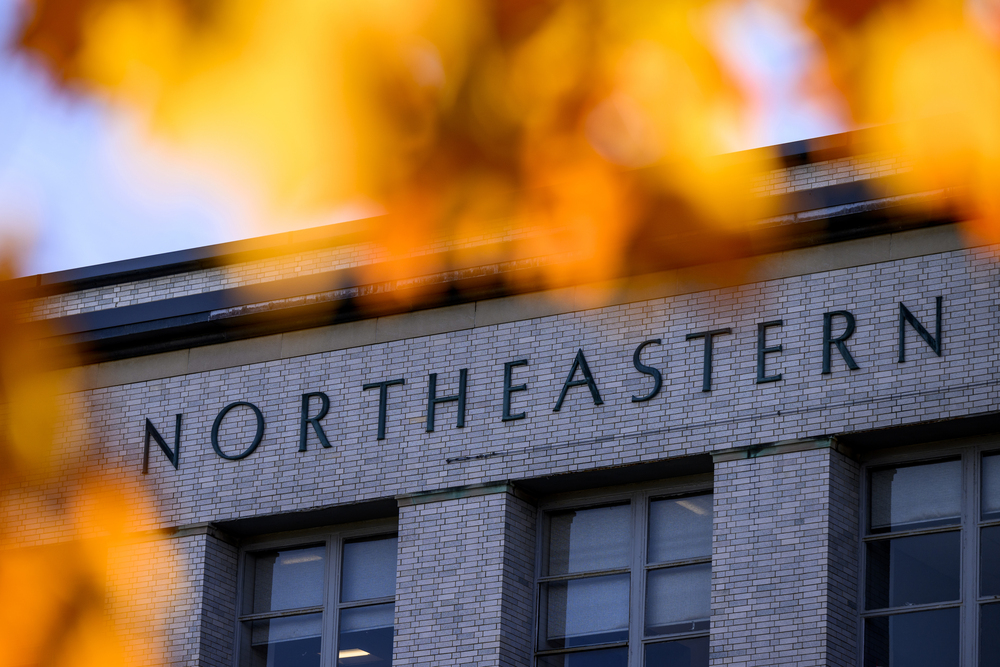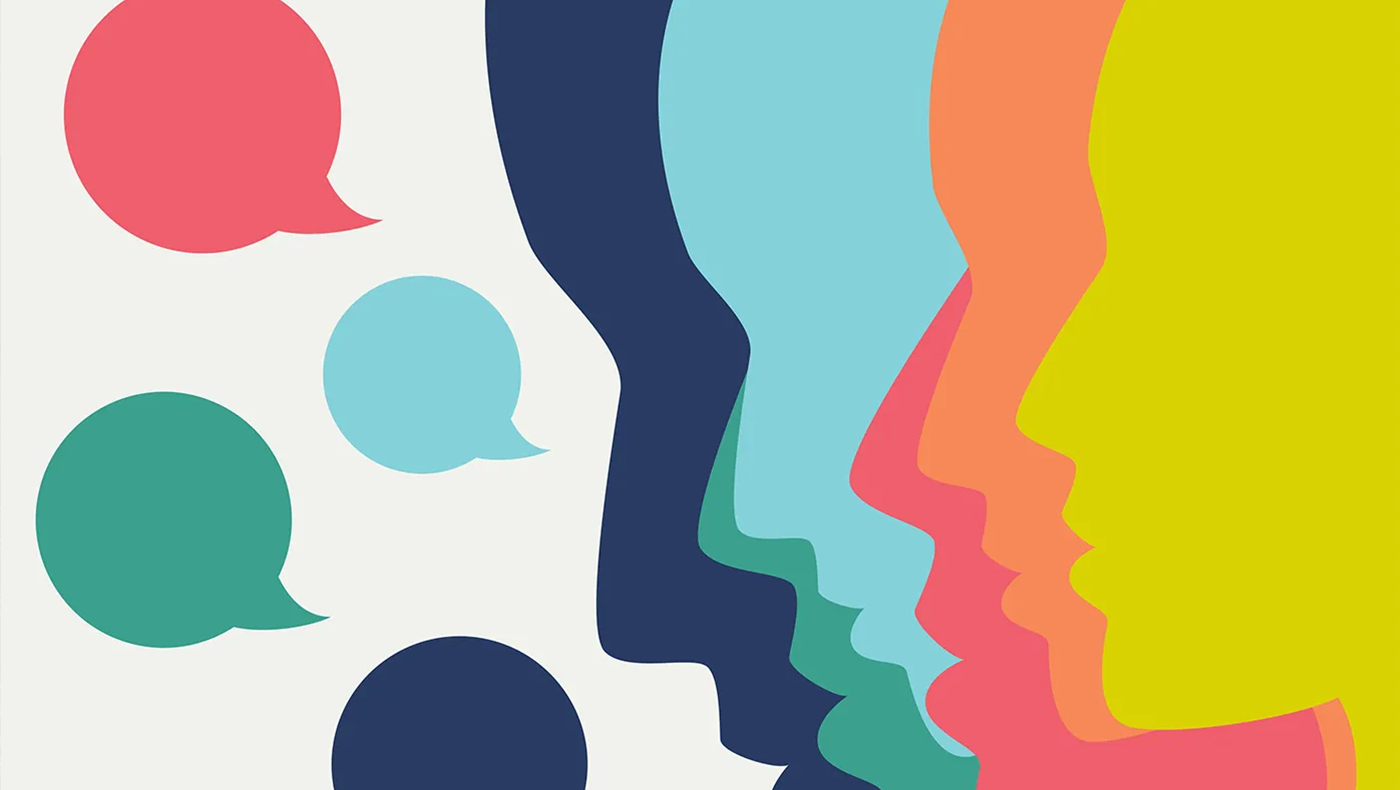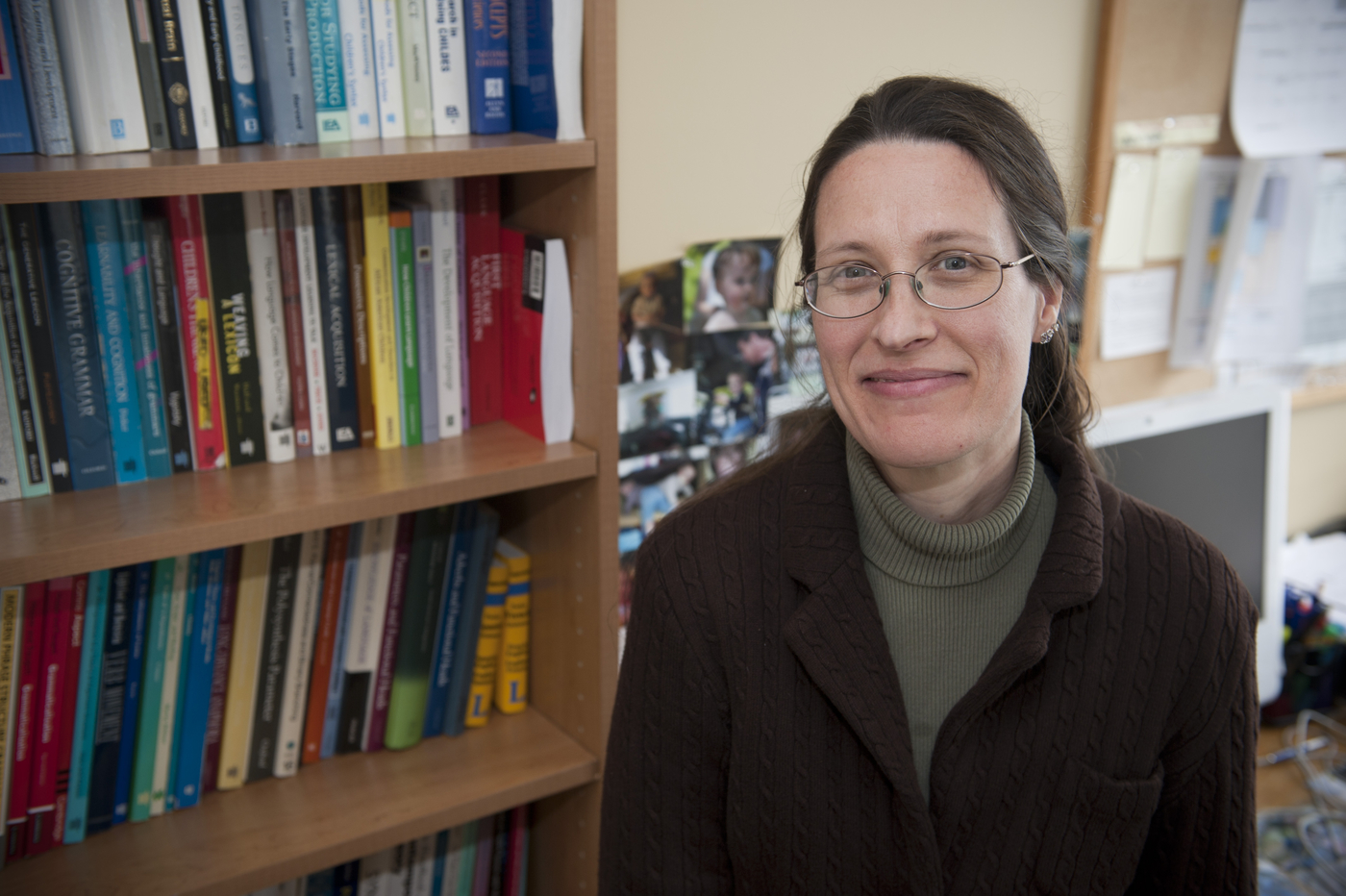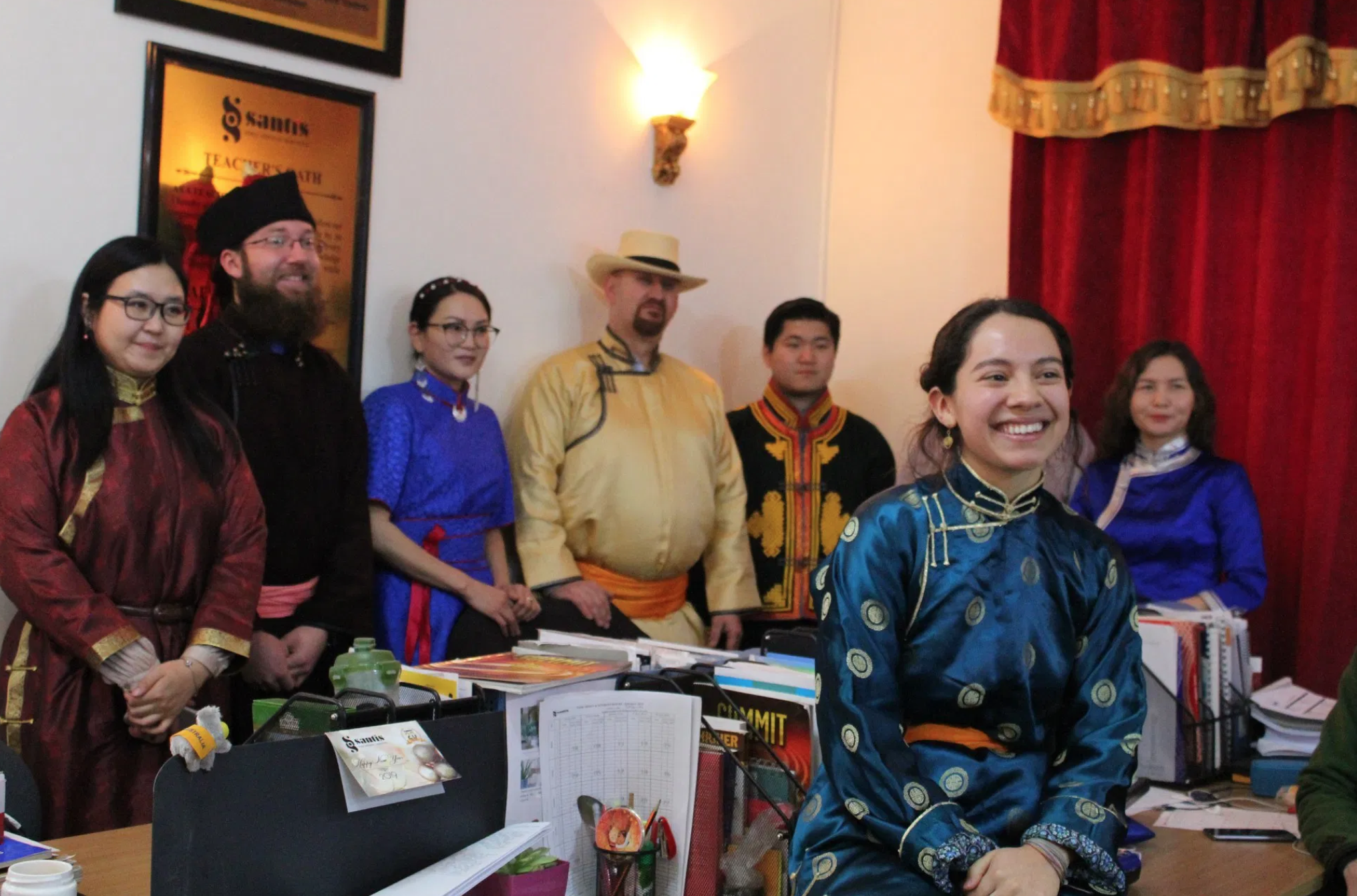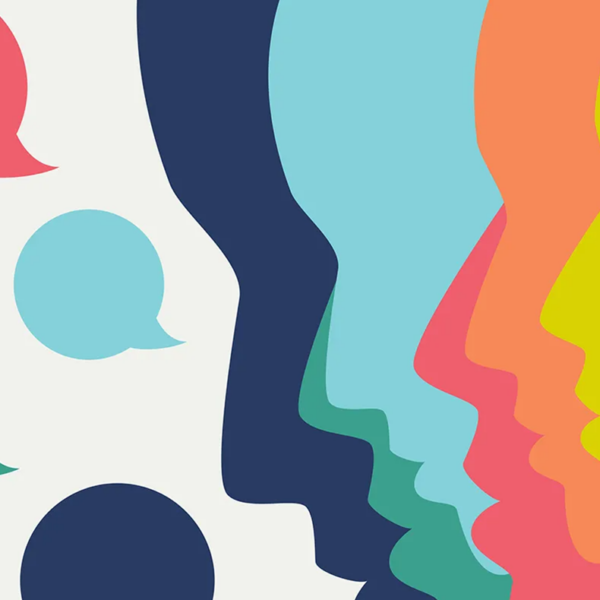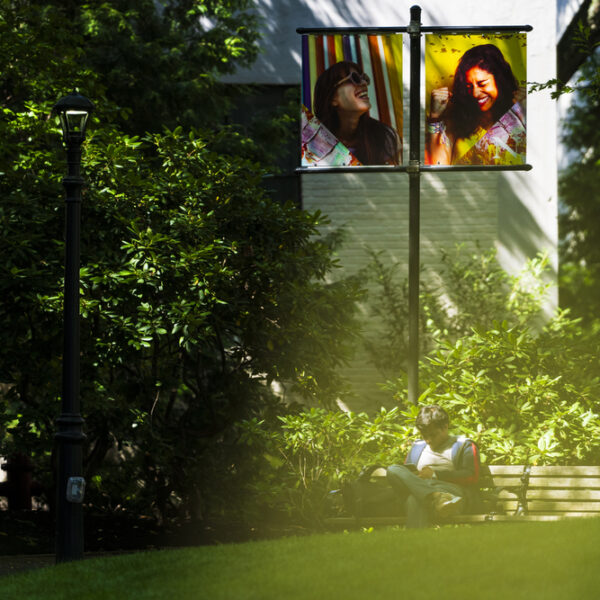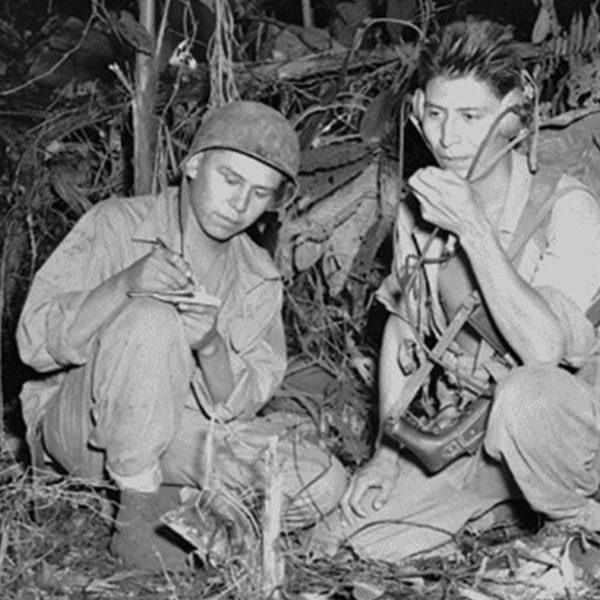Linguistics
The Wonder of Words
How will studying linguistics enhance your future? You’re sitting in class, rapt at the presentation your professor is giving…when suddenly you’re jolted out of your reverie; you realize they said something you didn’t quite catch. What was that term they just used?
It makes you think about how you even got to this point. Your professor’s speech is, at its simplest, a continuous series of sounds, which your brain has automatically done the work of parsing into recognizable words. And not just that – you’ve also placed these words into a coherent structure, a series of sentences from which you’re able to glean even the most complicated of meanings. While all this is happening, you’ve also been attuned to the surrounding environment, so you can tell that your professor is serious about when the next assignment is due, but joking about how long your final exam will be.
How are you doing all of this, without actively thinking about it? And how do speakers of the thousands of different languages in the world go about their days doing exactly the same thing? How did any of you even learn to do this, if you were never actually taught to?
A College of Science education equips you with the tools to explore the answers to such profound questions – to better understand the striking complexity of linguistic knowledge, to appreciate the remarkable diversity of linguistic structure, and, along the way, to unravel a bit of the mystique surrounding this critical facet of the human experience.
Diversity & Inclusion
The College of Science supports a culture where each person feels they belong, regardless of race, color, religion, religious creed, genetic information, sex, gender, gender identity, sexual orientation, age, national origin, ancestry, veteran or disability status. We celebrate the diversity of our community, and we seek to expand representation to further excellence. We commit to be a College where members act with respect, trust, collaboration, and communication, and where inappropriate behavior is reported and acted on without fear of retaliation.
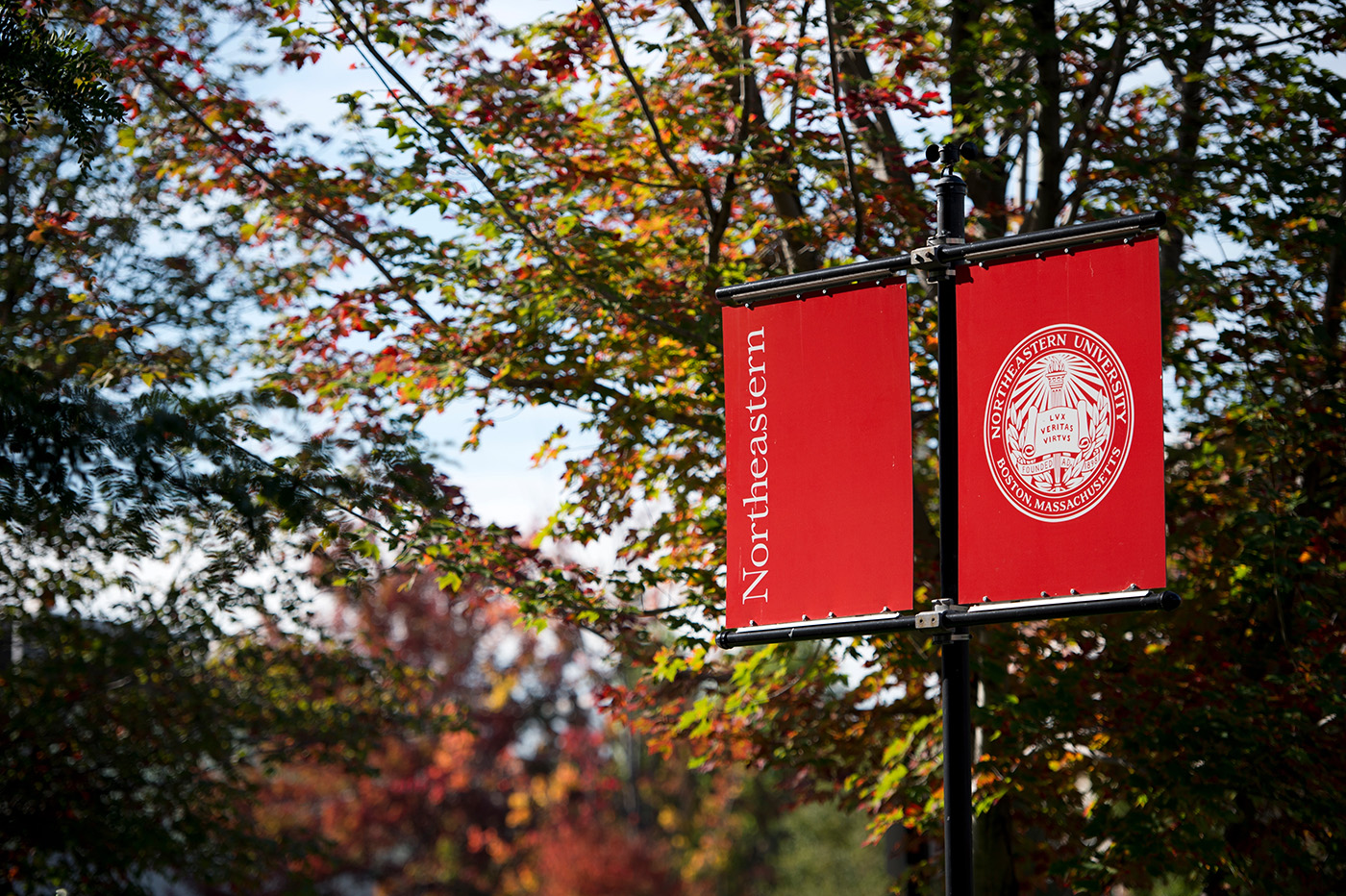
People
Explores linguistics, the scientific study of language. Major topics include phonetics (production of speech sounds), phonology (sound systems in languages), morphology (structure of words), syntax (grammatical relationships between words and sentences), and semantics (meaning of words and sentences).
Explores the complex, often inexplicit relationship between language and culture, using a variety of methods drawn from the fields of anthropological linguistics and sociolinguistics. Questions may include: How do language and thought interact? How is language used to create and maintain social institutions and individual personae? How is language used differently by and across gender, ethnicity, and social class?
Surveys phonetics, the study of speech sounds, including articulatory, acoustic, and auditory phonetics. Articulatory phonetics topics include anatomy and physiology; cross-linguistic consonant and vowel articulation; aerodynamics of speech production; coarticulation phenomena; and phonetics of supersegmentals such as syllables, stress, tone, and pitch accent. Acoustic phonetics topics include the physics of sound waves, reading spectrograms, and performing acoustic analyses. Auditory phonetics topics include audition and speech perception.
Events
News

